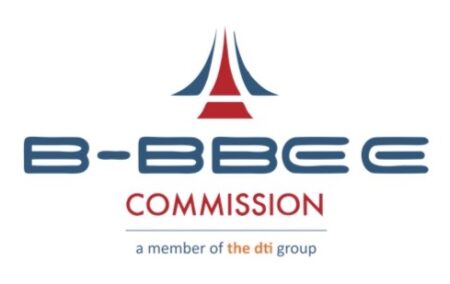On 14 October 2021 the Department Of Trade, Industry and Competition issued a notice on invalid Broad-Based Black Economic Empowerment claims.
The B-BBEE Commission ‘appealed to organs of state and public entities to enhance due diligence processes to detect and reject invalid B-BBEE claims made by entities during procurement, licensing, granting of economic incentives, sale of state assets or public private partnership processes to ensure compliance with the B-BBEE Act’.
Ms Moipone Kgaboesele, head of Investigations and Enforcement at the B-BBEE Commission, says, ‘The B-BBEE Commission will be conducting site visits to check compliance status of entities it has previously found to have violated the B-BBEE Act and where it has received tip-offs to eradicate this illegal conduct.’
She clarified that the Act defines black people to exclude any ‘non-black’ South African citizens, foreign nationals and black people who became nationalised citizens after 27 April 1994.
‘Now that we have focused our attention on raising awareness over the years, we will not hesitate to refer entities for prosecution and for cancellation of licences and contracts awarded. We also provide free advice, so there is no excuse not to do the right thing now,’ said Kgaboesele.
Not every Chinese person in South Africa qualifies under the Act. Only those born in South Africa before 1994, who were then classified as coloureds, are included as coloureds in the definition of ‘black people’. ‘To give effect to the above requires proper verification methodologies to determine which South African Chinese qualify under the B-BBEE Act, with sufficient proof thereof.’
Population Registration Act anyone?

